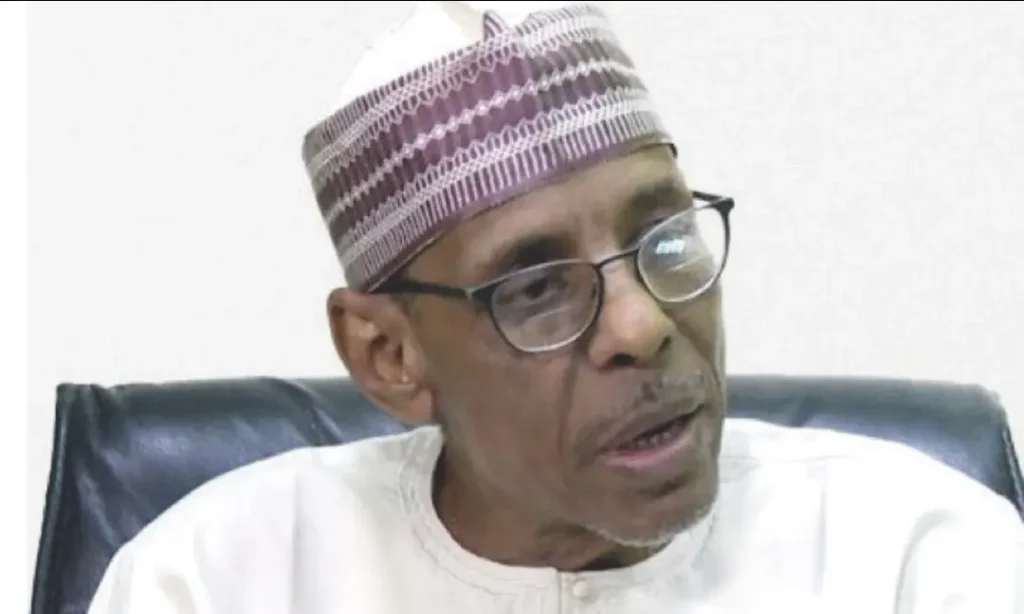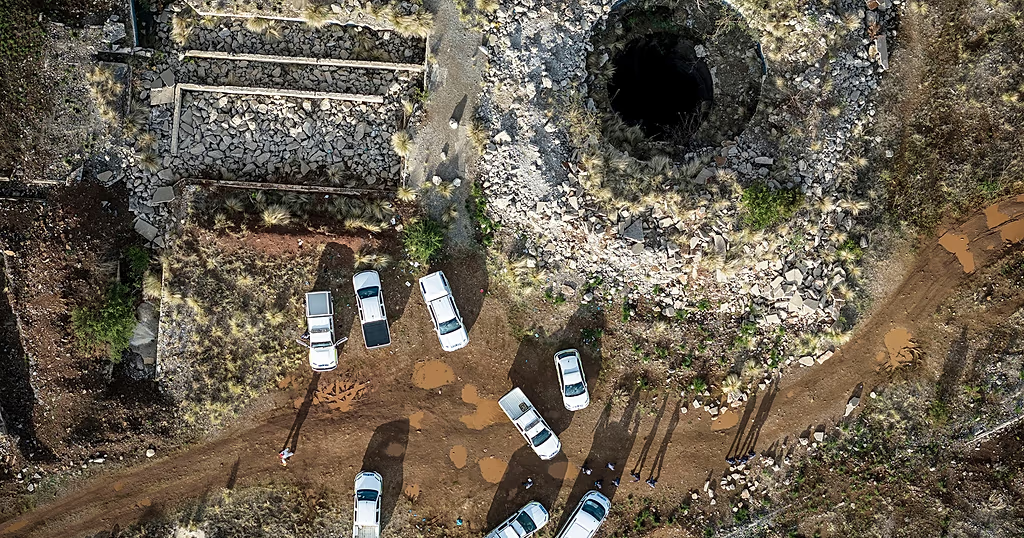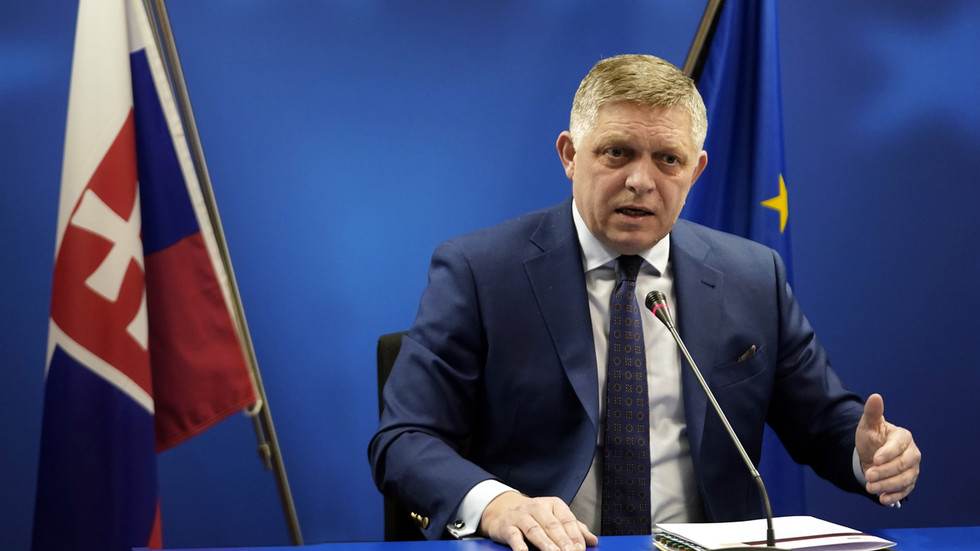A nationwide strike is set to hit Nigeria’s judicial system as the Judiciary Staff Union of Nigeria, JUSUN, has directed its members to withdraw their services from June 2. This move comes after the government’s failure to meet the union’s demands, including the payment of a one-month wage award and the implementation of the national minimum wage.
According to Mustapha Laminu, National Vice President of JUSUN’s North Central branch, the strike is a necessary measure to press home the union’s demands. Laminu explained that the union’s members have yet to receive the one-month wage award recently paid by the government, and are also owed five months of arrears. Additionally, the union is seeking the implementation of the N70,000 national minimum wage and a 25/35 percent salary increase.
The union had previously issued a 21-day ultimatum, followed by a seven-day ultimatum, but was forced to shelve the action after the intervention of the Chief Justice of Nigeria. However, with the government’s continued failure to meet their demands, the union has been left with no choice but to take drastic action. “It is unfortunate that the Judiciary, as an arm of government, is being punished while other arms of government have since been enjoying,” Laminu said.
The strike is likely to have significant implications for Nigeria’s judicial system, with courts and other judicial institutions set to grind to a halt. Laminu emphasized that the union’s members are suffering due to the government’s policies, and that they will continue the strike until their demands are met. “All we are saying is that our members are stoning us, accusing us of compromising considering the unfold hardship brought about by government policies,” he said. “We will continue this action until and unless the government pay us this money.”
The union has also alleged that the Ministry of Finance released the necessary funds to the Accountant General of the Federation, but that the payment was refused. Laminu has called on all chapter chairmen to ensure compliance with the directive, setting the stage for a potentially lengthy and disruptive strike. As the situation continues to unfold, it remains to be seen how the government will respond to the union’s demands, and what the ultimate impact will be on Nigeria’s judicial system.



